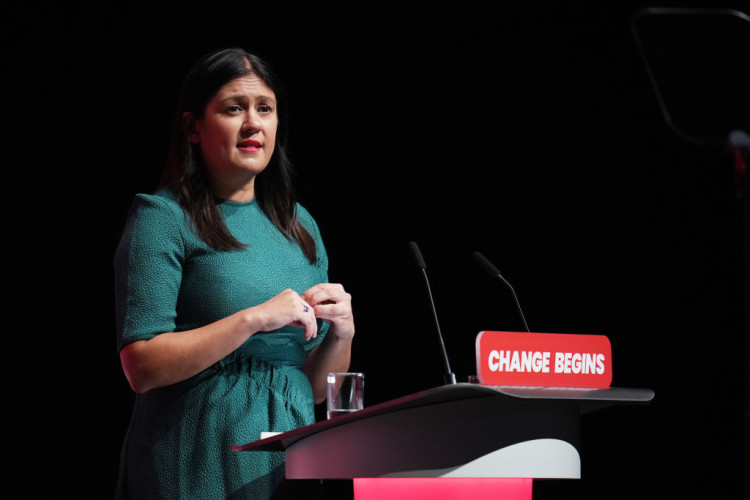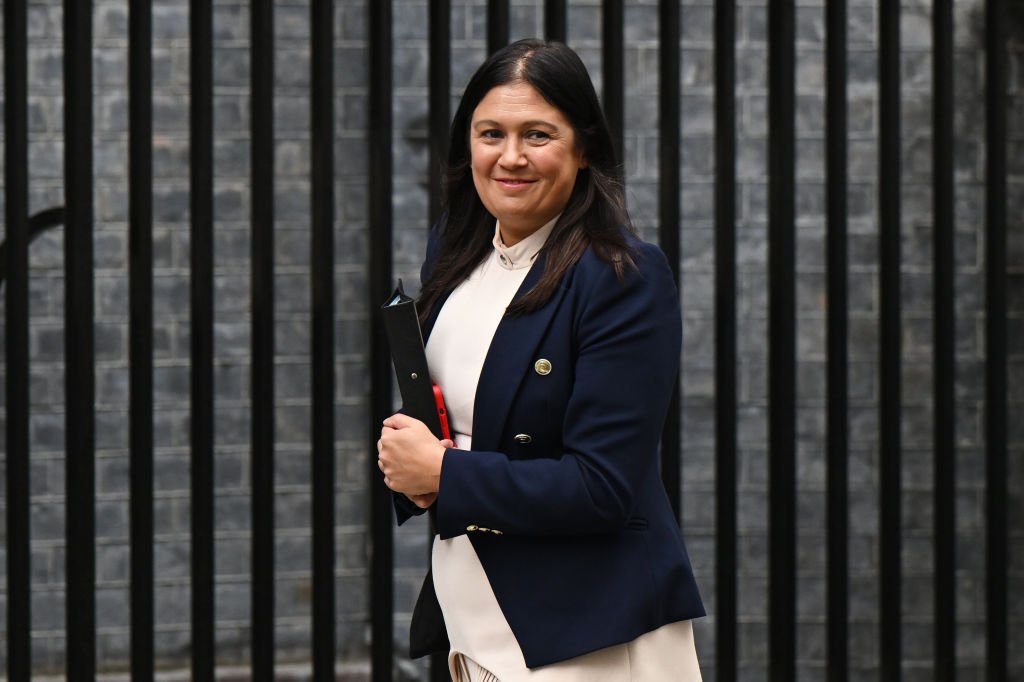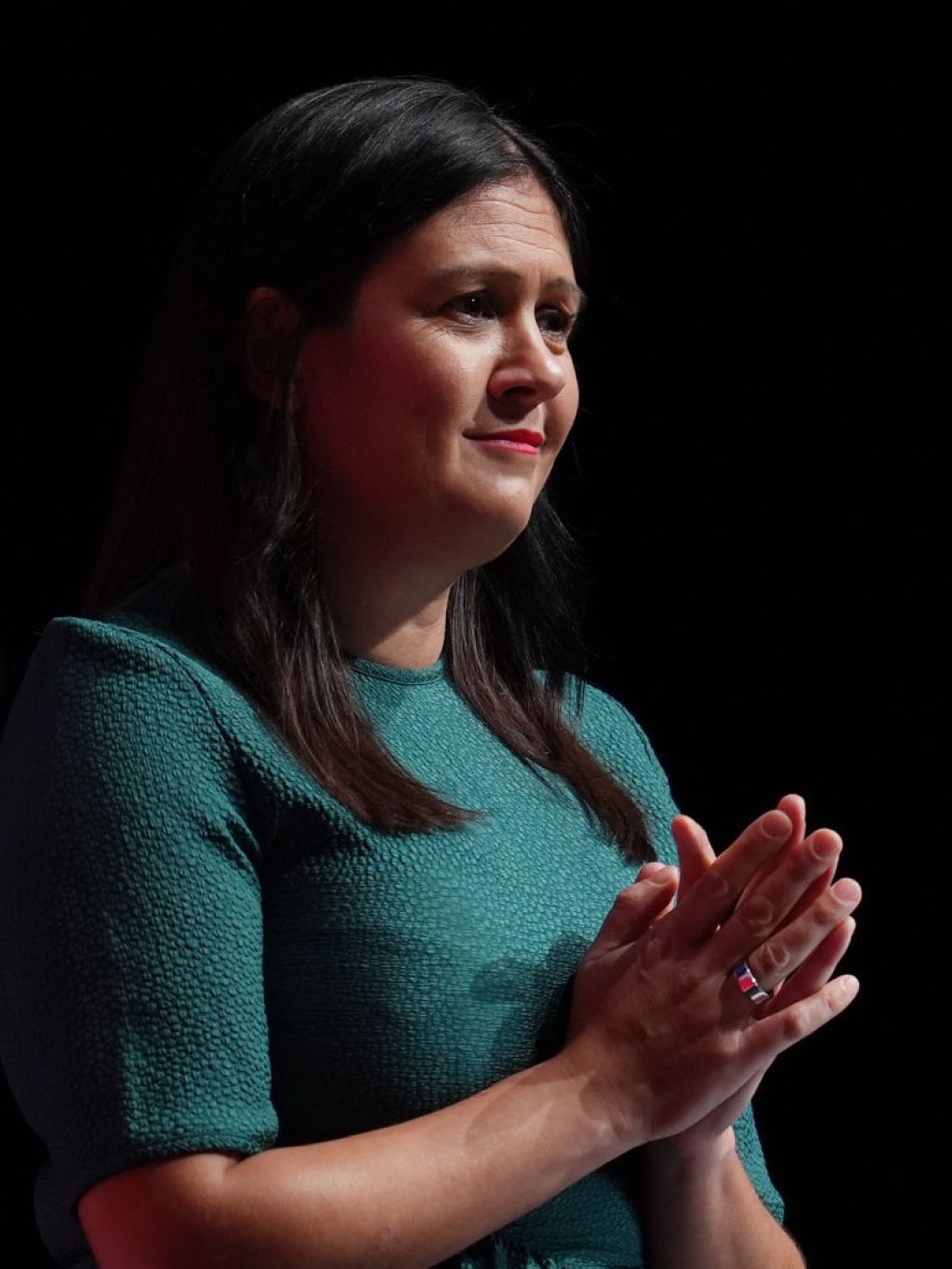Poor old Thangam Debbonaire. On the morning of July 5, as Labour romped to a 174-seat majority, the former Shadow Culture Secretary could only watch on as her Bristol Central seat slipped into the hands of the Green Party, and with it her hopes of a Cabinet role in Labour’s first Government for 14 years. Perhaps only Jonathan Ashworth in Leicester South could count himself an unluckier loser of the night.
With the results in, attention turned to Cabinet appointments and as expected, Starmer transitioned the majority of his Shadow Cabinet into Government with him. Debbonaire’s defeat however created a vacancy at the Department for Culture, Media and Sport (DCMS).
Enter Lisa Nandy.
At first glance, Nandy’s appointment as Culture, Media and Sport Secretary may have raised a few eyebrows, particularly amongst Labour insiders. She has not been popular with Starmer’s inner circle in recent times – resulting in a relegation from the Shadow Cabinet less than a year ago. This renewed confidence means she needs to hit the ground running in her new brief to prove herself to No 10.
With this in mind, what can we expect from Nandy and her Department over the next 18 months?
A new approach
Behind the scenes, Lisa Nandy is said to have wasted little time in making her vision for the Department clear. 'People, place and access to culture’ will be front and centre, with Nandy determined to use the DCMS portfolio as a means of bringing communities back together after what she has referred to as “the most divisive decade in recent history”. This was evident in her speech at Labour Party Conference, where after accusing the previous government of “violent indifference” towards UK culture, she repeatedly promised to “open up” the arts to everyone, wherever they live. Privately she has talked of an ambition to spread access from metropolitan London to the Northern regions.
However, that does not escape Nandy from the Cabinet’s key instruction, the need to tie her work into the Government’s overarching missions of driving economic growth and creating equal opportunities. Any engagement with this new look DCMS would do well to frame messaging through these lenses.
Insiders note that privately, Nandy is thrilled to be back in a domestic brief where she thinks she can make the most difference, and her infectious energy has been commented on by impressed officials within the department. In contrast to her predecessor Lucy Frazer, Nandy’s approach to policy work is less hands on, with a notable increase in departmental autonomy. This is intended to allow herself the space to guide the overarching strategic direction of the department, whilst daily operational matters are delegated to Junior Ministers and their teams.
The team
It’s notable that just three Ministers have been appointed to work under Nandy, indicating that DCMS is currently a lesser priority for No 10. Chris Bryant brings some experience to the Department but holds a joint brief with the Department for Science, Innovation and Technology which is where his primary interests are said to lie, as well as his upcoming legislative responsibilities. Steph Peacock meanwhile retains her shadow brief as Minster for Sport and Media, minus the gambling aspect which has been given to Baroness Fiona Twycross.
Twycross as gambling minister is an eyebrow-raising appointment. Her lack of experience in the sector and combined role as a Lord’s Whip has meant that she is still getting to grips with her brief according to some. Currently, she is said to be dedicating just one day a week to DCMS, which raises questions as to whether this will be sustainable given the pressing needs of those impacted by gambling policy - amidst the affordability checks pilot and various other upcoming consultations.
Two Special Advisor (SpAd) appointments have also been made thus far – Richard Howarth and Harjeet Sahota – with a third still expected. Despite neither being sector specialists, both have close relationships with the Department’s Ministers and will have a high degree of authority as a result, making them key players in any stakeholder engagement. It’ll also be worth keeping an eye on Arm’s Length Body Chair appointments, given that DCMS has the most of any department and Ministers have the power to select their preferred candidates. No doubt some key goodies to give away to those supporting the administration.
Departmental priorities
Despite a whopping 40 Bills being packed into the King’s Speech, only the Football Governance Bill appears as though it will be directly attributed to DCMS. As such, it will be the major legislative priority of this session for the department. Given the magnitude of the Bill, and the ongoing stalemate between the EFL and the Premier League, this is probably just as well. Don’t expect the passage of this one to be plain sailing.
Elsewhere, Taylor Swift’s UK tour and Oasis’ reunion have thrust the ticketing industry into the regulatory spotlight, with the Government due to launch a consultation this Autumn. Ticketing has long been a concern for a handful of Labour backbenchers, but DCMS – in partnership with DBT – know that they will have to strike a delicate regulatory balance if they are to tackle exploitative practises without inadvertently growing the black market and damaging existing consumer protections.
The rapid growth of AI will also present both challenges and opportunities for the Department to navigate, with Nandy acknowledging that her department is grappling with its “unprecedented reach” and implications for the creative industries. UK Music for one has made clear its concerns around deepfakes being used to rip off artists and fans. The implementation of the Media Act is another area to watch, with Nandy already revealing that she is pushing for Ofcom to begin its review of the Video on Demand Market to “level the playing field” and maintain the prominence of Public Service Broadcasters. Change is seemingly beginning.
Finally, the often-overlooked Office for Civil Society plays a pivotal role within the department’s remit, overseeing everything from the dormant assets regime to youth policy. It serves as a crucial engine for public-private sector collaboration, tackling some of society’s most pressing and complex challenges. Leveraging this part of the department is key to achieving Nandy’s goals, and any businesses that can lean into that will be rewarded with deeper engagement.
Conclusion
The arts and creative industries are viewed within Labour as a success story for achieving growth, as witnessed by their prominence in the upcoming industrial strategy. However, amidst ‘the tightest spending review since 2015’, DCMS appears primed to fall victim to spending cuts at the budget on October 30. National Lottery funding will therefore become more important than ever.
With a new political team in place, a light legislative agenda and a determination to chart a new course from the previous regime, there are still opportunities for businesses with DCMS, but only if broached correctly. To gain the interest of ministers and raise priorities up the agenda, businesses must approach DCMS with a plan, and then be prepared to deliver it through the scope of Lisa Nandy’s priorities: people, place, access and growth.








